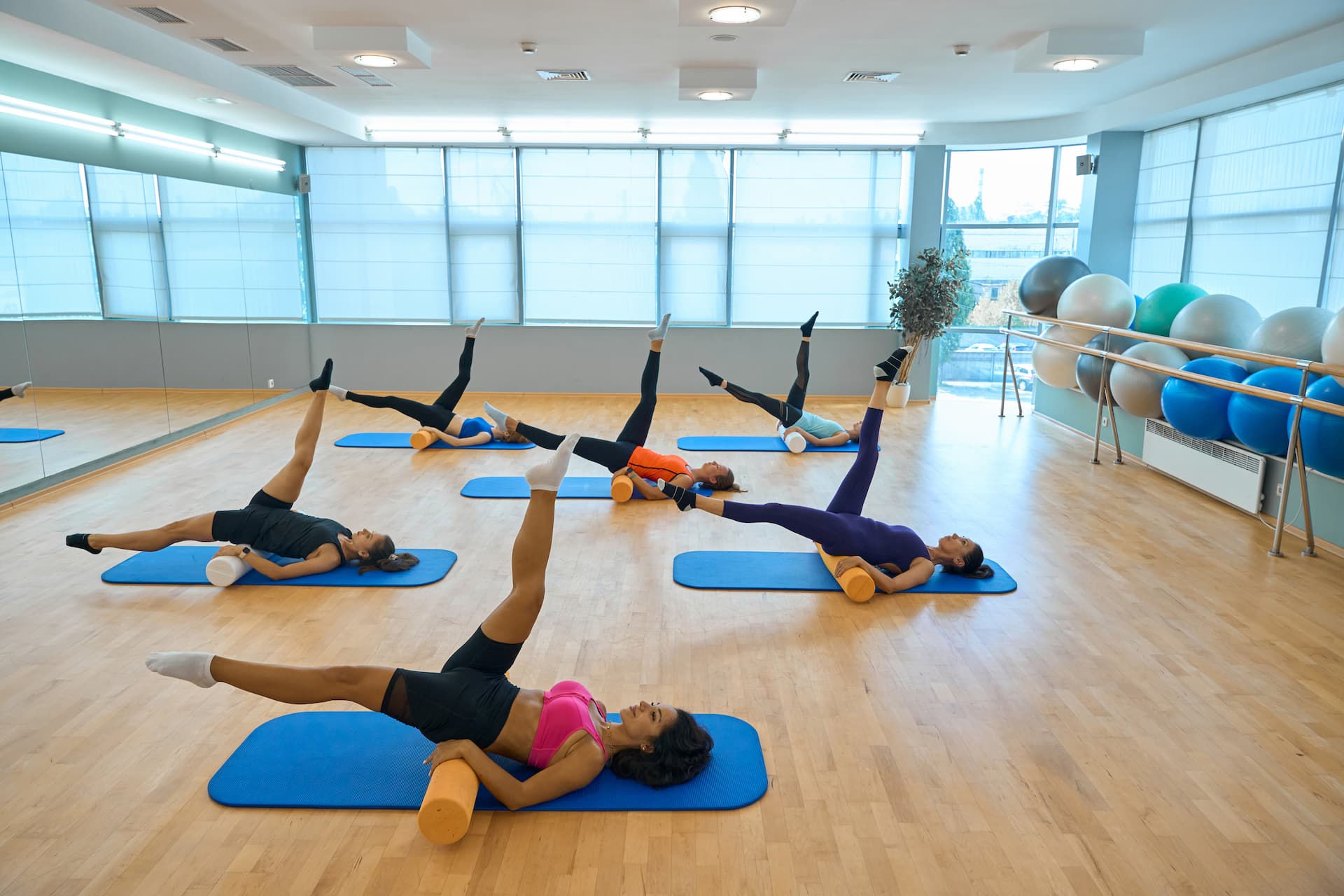Living with Multiple Sclerosis (MS) presents unique challenges—but movement, when guided and purposeful, can be a powerful ally. For many individuals with MS, Pilates has become a supportive, low-impact form of exercise that not only builds strength but also nurtures balance, flexibility, and overall body awareness.
What is Multiple Sclerosis?
Multiple Sclerosis is a chronic neurological condition where the immune system attacks the protective covering of nerves, disrupting communication between the brain and body. This can lead to symptoms such as:
- Muscle weakness
- Fatigue
- Poor balance and coordination
- Spasticity or stiffness
- Difficulty walking
Though symptoms vary from person to person, physical activity tailored to the individual’s needs has been shown to improve mobility and quality of life.
Why Pilates?
Pilates focuses on controlled movements, postural alignment, and core stability—making it a particularly effective method of exercise for people with MS. It can be adapted to suit all mobility levels, whether someone is newly diagnosed or has lived with MS for years.
Here’s how Pilates supports individuals with MS:
- Improves Core Strength and Stability
A strong core provides a solid foundation for all movement. Pilates helps activate deep abdominal and spinal muscles, improving postural control and making daily tasks more manageable.
- Enhances Balance and Coordination
MS can impact proprioception and muscle control. Pilates incorporates slow, precise movements that help retrain the nervous system and enhance body awareness—critical for maintaining balance and preventing falls.
- Encourages Flexibility and Reduces Spasticity
Gentle stretching in Pilates can help reduce muscle tightness and spasticity. Regular practice encourages improved joint mobility and helps keep muscles supple.
- Supports Energy Conservation
Pilates sessions can be modified for energy levels on any given day. By focusing on breath control and efficient movement, individuals can get a good workout without feeling depleted.
- Boosts Mental Wellbeing
Living with MS can take a toll on mental health. The mind-body connection in Pilates encourages mindfulness, reduces stress, and promotes a sense of empowerment through movement.
What to Expect in a Pilates Session for MS
Pilates for MS is typically conducted by a trained instructor or physiotherapist who understands the condition and how to adapt exercises accordingly. Sessions may include:
- Mat-based or equipment-based exercises
- Use of props like resistance bands, foam rollers, or stability balls
- Seated or lying positions for those with mobility challenges
- Focus on breath work, body alignment, and gentle progression
The goal is not perfection—but progression, confidence, and comfort.
Getting Started
If you’re considering Pilates as part of your MS management plan:
- Consult your physiotherapist or neurologist first
- Seek out an instructor trained in neurological conditions or clinical Pilates
- Start slow, and listen to your body
- Celebrate the small wins—every movement matters
Pilates isn’t just exercise—it’s empowerment. It’s a way to reconnect with your body, build resilience, and take control of your mobility journey, one mindful movement at a time.
Interested in exploring Pilates as part of your care plan?
Contact Absolute Pilates to learn more about our customized Pilates sessions for individuals living with MS.

